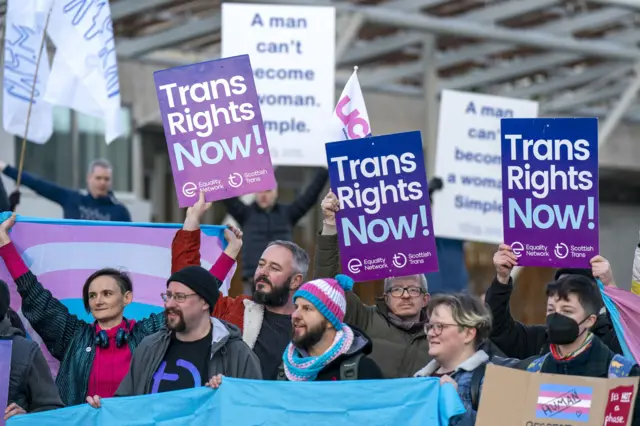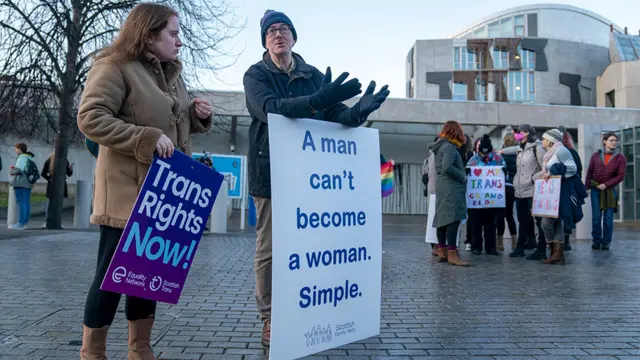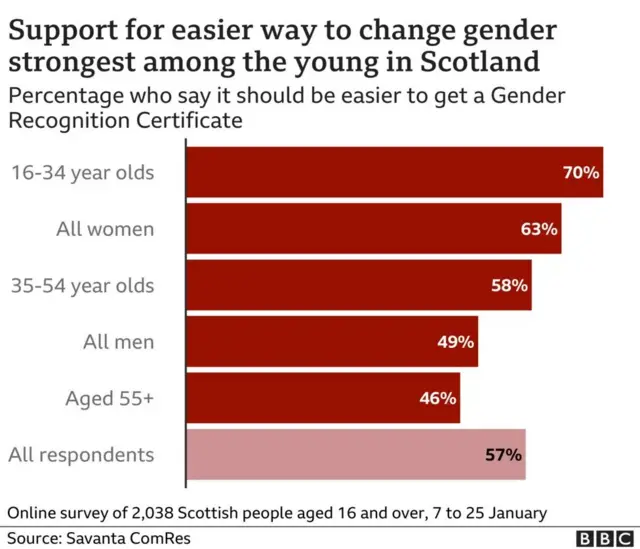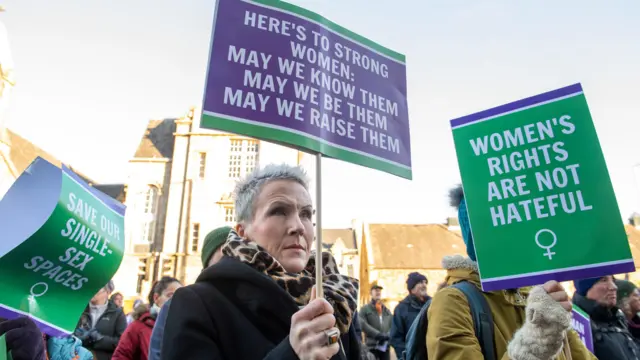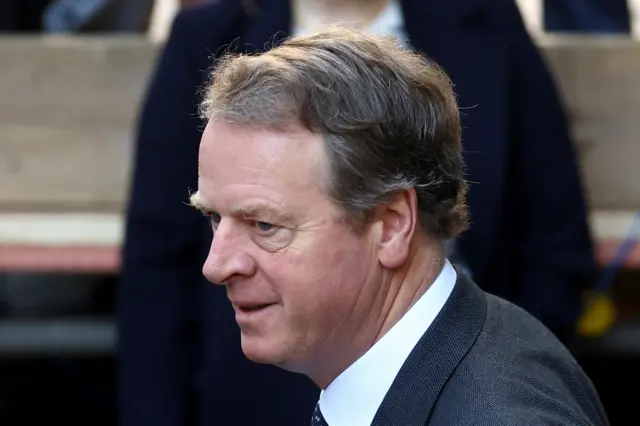‘Outrageous decision’ - Scotland’s social justice secretarypublished at 20:47 GMT 16 January 2023
Shona Robison has criticised Westminster’s move to stop the Gender Recognition Reform Bill from obtaining royal assent, dismissing the suggestion it would impact on wider equalities legislation.
In her role as Scotland's cabinet secretary for social justice, she introduced the bill to the Scottish Parliament.
“This is a dark day for trans rights and a dark day for democracy in the UK,” she said, adding that Westminster had “multiple opportunities to comment during the extensive consultation on the bill and during its passage.
“We are confident that the legislation as passed is within legislative competence of the Scottish Parliament.
“We will examine the reasons which the UK Government give for their order once we have them, but take whatever steps we can to ensure that the democratic will of the Scottish Parliament is not frustrated.”
Earlier First Minister Nicola Sturgeon described the move as a "full-frontal attack on our democratically elected Scottish Parliament".
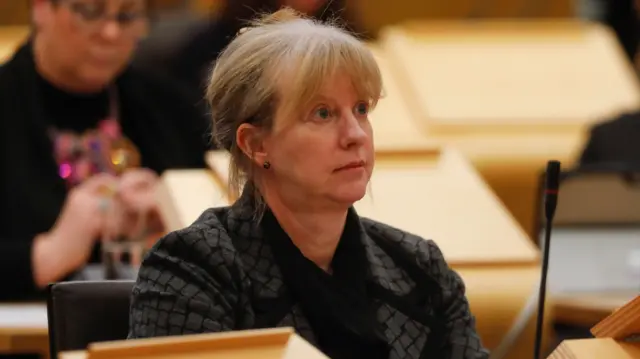 Image source, Scottish Parliament/PA
Image source, Scottish Parliament/PAScotland's Social Justice Secretary Shona Robison



